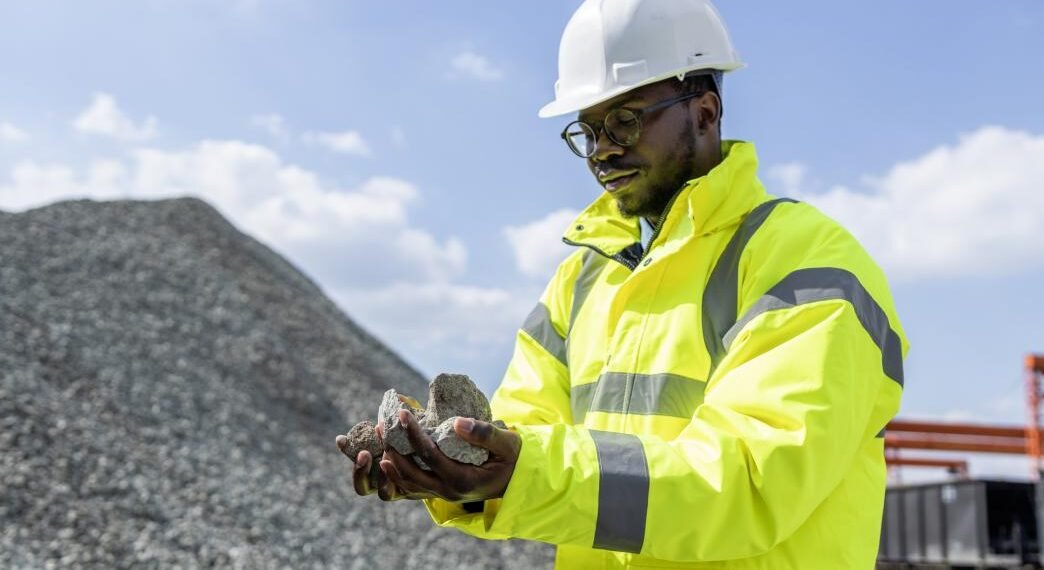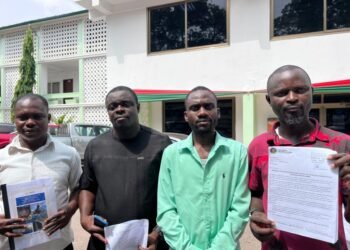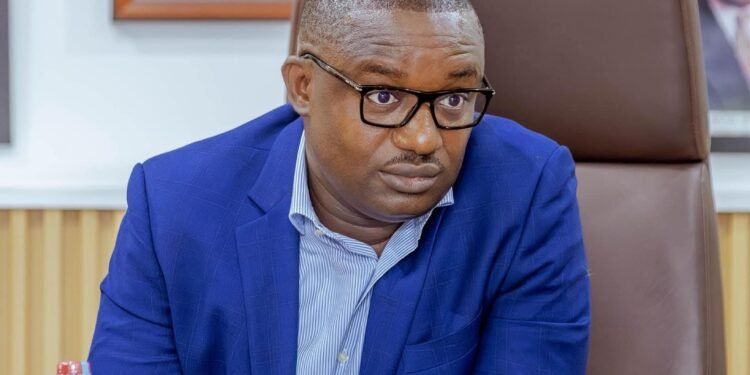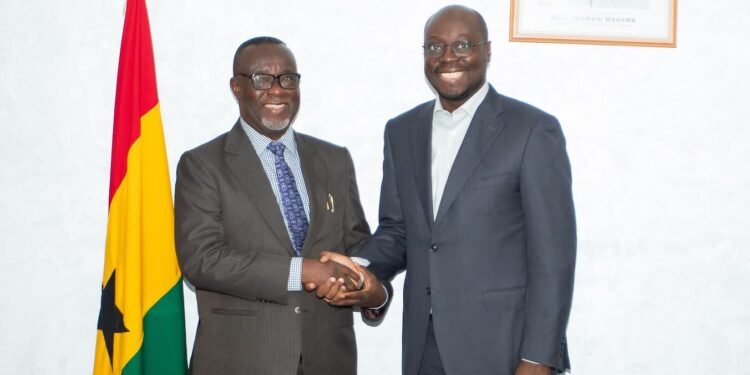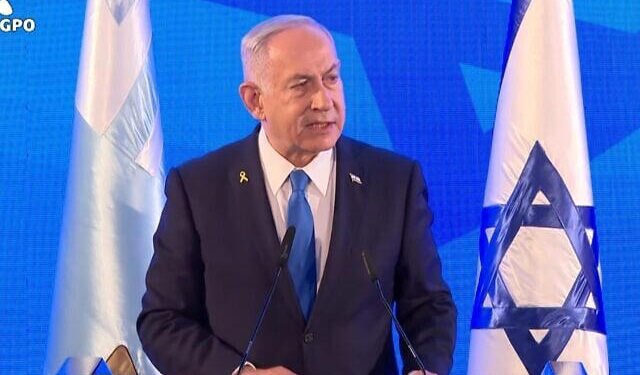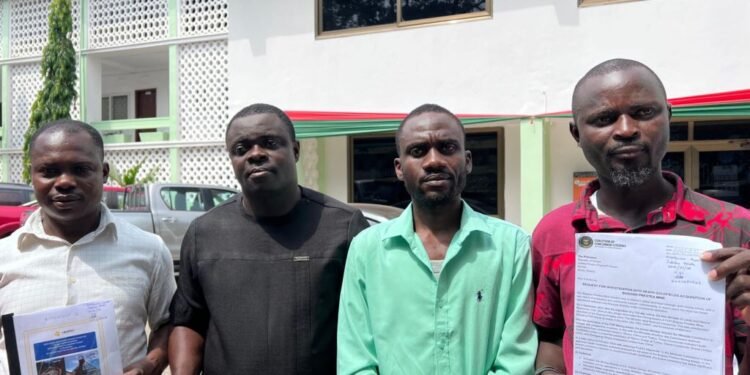The Natural Resource Governance Institute (NRGI) has issued a strong call for increased public scrutiny and greater government diligence as Australian-based miner Atlantic Lithium seeks sweeping fiscal concessions from the Government of Ghana for its Ewoyaa Lithium Project, which could become the country’s first commercial lithium mine.
In a recent engagement focused on Ghana’s lithium fiscal regime and proposed refinery plans, NRGI’s Senior Economic Analyst for Africa, Thomas Scurfield, highlighted several concerns with Atlantic Lithium’s request and proposed a strategic framework for evaluating any tax or royalty concessions.
“Lithium is a volatile commodity. Granting permanent tax breaks now could cost the country significantly when prices recover.”
Thomas Scurfield, NRGI’s Senior Economic Analyst for Africa
According to NRGI, Atlantic Lithium requested a reduction in Ghana’s royalty rate on lithium from 10% to 5%, or the adoption of a sliding scale royalty mechanism that adjusts with market prices.
The company also asked for unspecified changes to the corporate income tax regime and import duty exemptions on capital goods.
The company justified its request on the basis of declining global lithium prices, suggesting that the current fiscal terms could render the project unviable.
However, NRGI disputes this claim, pointing to discrepancies in publicly available data.

“The company has cited falling lithium prices as justification, but they’ve provided little detail on how this affects the project’s viability.
“Our modeling using current lithium prices still shows an internal rate of return around 25%—far above the 13.6% Atlantic claims.”
Thomas Scurfield, NRGI’s Senior Economic Analyst for Africa
NRGI suggested the gap could result from unexplained changes to cost or production assumptions, and is calling on the company to publicly disclose its full financial model and underlying assumptions.
Scurfield warned against locking Ghana into permanent royalty or tax reductions.
If some form of tax relief is deemed necessary to move the project forward, the government should negotiate reciprocal benefits. These may include, “tighter anti-tax avoidance rules, price benchmarking mechanisms, and limits on interest deductions to curb profit shifting.”
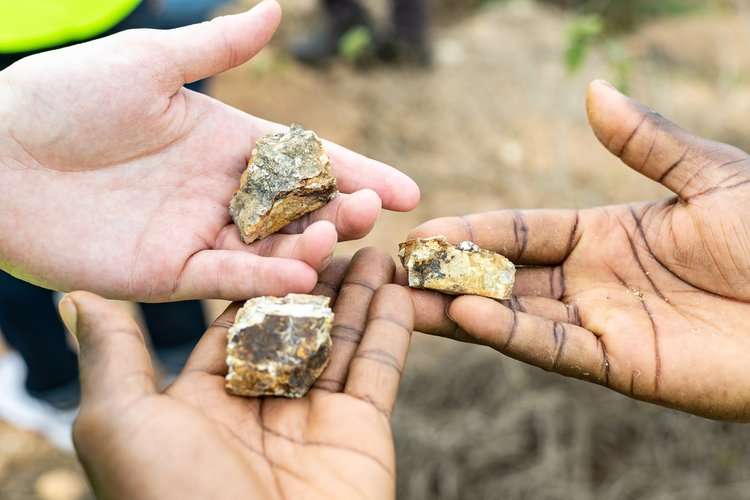
“This should not be a one-sided deal.
“If the company needs support now, they must give something in return.”
Thomas Scurfield, NRGI’s Senior Economic Analyst for Africa
NRGI stressed that any revised fiscal terms must go through Parliament, allowing for meaningful public debate and scrutiny.
“It’s not ideal that the company is asking for concessions at this stage, but if necessary, government must negotiate responsibly, ensuring Ghana does not give away its mineral wealth without adequate returns.”
Thomas Scurfield, NRGI’s Senior Economic Analyst for Africa
Implications for Ghana’s Green Minerals Agenda

Ghana is seeking to become a leader in Africa’s green minerals value chain, with significant lithium and graphite deposits positioning the country as a potential hub for electric vehicle battery production.
As the Ewoyaa Lithium Project approaches the construction phase, civil society actors, including NRGI, are advocating for a transparent, inclusive governance model that ensures Ghanaians benefit from the resource.
Industry stakeholders suggest that the decision could set a precedent for how Ghana structures fiscal incentives in the rapidly evolving critical minerals sector.

The NRGI’s intervention underscores growing public concern over how Ghana manages its emerging lithium resources. While investor support is crucial, experts warn that Ghana must strike a balance—ensuring the sector is both investment-friendly and nationally rewarding.
As Parliament prepares to review fiscal terms for Ewoyaa, eyes will be on the level of transparency, accountability, and foresight that government brings to bear on one of Ghana’s most anticipated mining ventures.
READ ALSO: Cedi to Remain Stable Against Major Currencies- Finance Minister Assures Ghanaians

